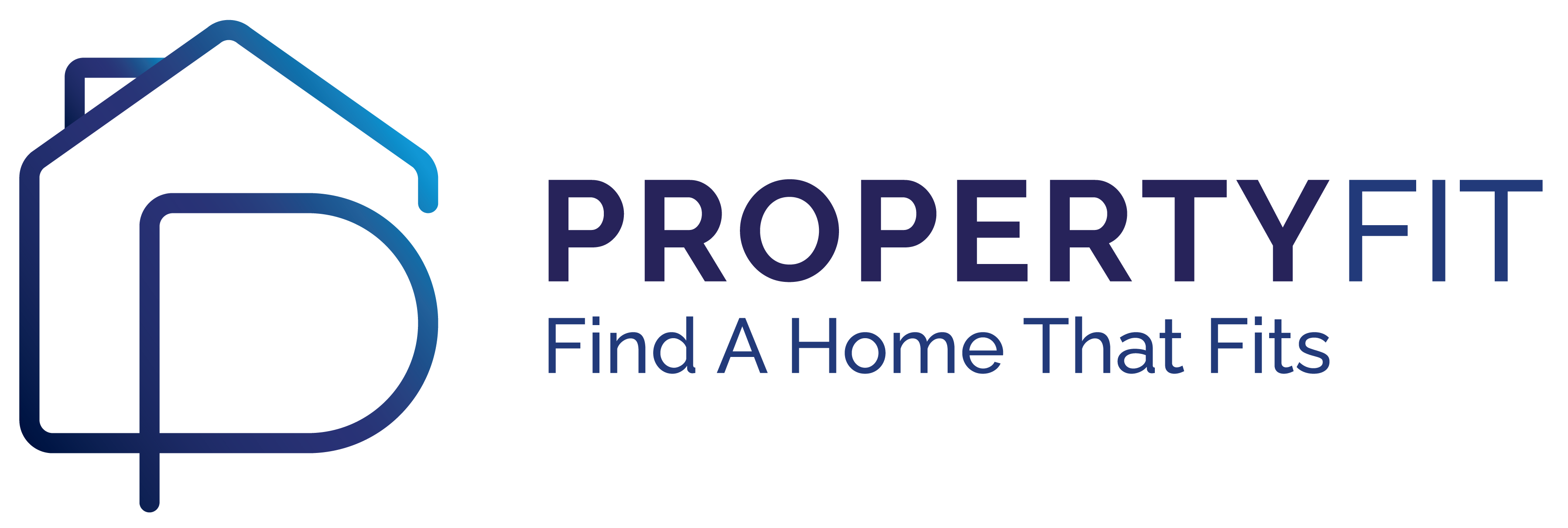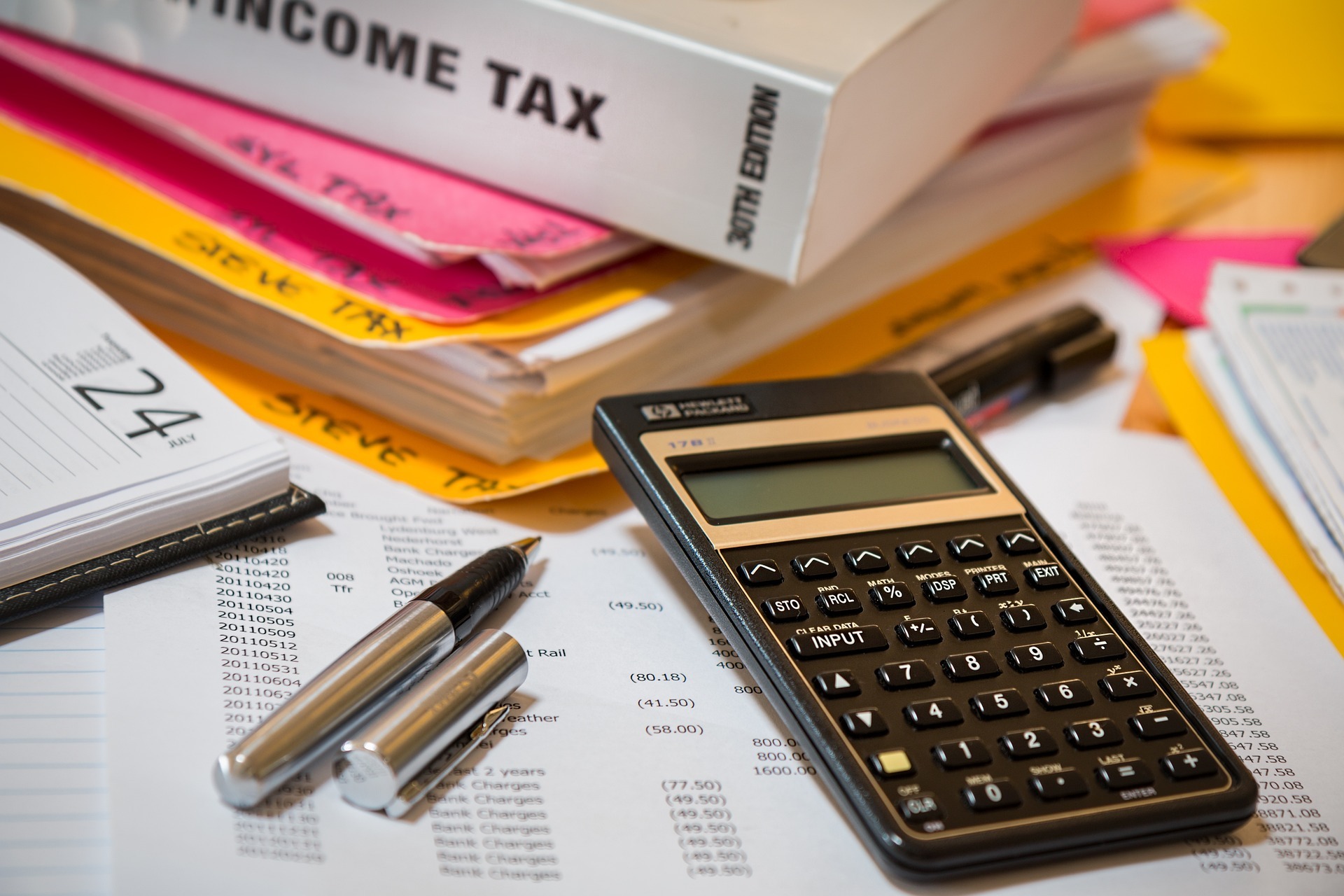When buying property in Bangkok, it’s essential to factor in the various taxes and fees that come with the purchase. These costs can add up, so understanding them ahead of time will help you budget more accurately and avoid any surprises down the road. In this guide, we’ll break down the most common property taxes and fees you need to know about when buying property in Bangkok.
1. Transfer Fee
The transfer fee is a standard cost paid when ownership of a property is officially transferred from the seller to the buyer. In Bangkok, this fee is typically 2% of the property’s appraised value. While this fee is usually shared between the buyer and seller, it’s important to clarify who will pay what portion during the negotiation process.
2. Specific Business Tax (SBT)
If the seller has owned the property for less than five years, or they never register their name into house registration book, they may subject to the Specific Business Tax (SBT). This tax is 3.3% of the appraised or sale value (whichever is higher). While this is technically a seller’s tax, buyers should be aware of it as it can sometimes be factored into the negotiation of the sale price.
3. Stamp Duty
In cases where the Specific Business Tax doesn’t apply (typically if the seller has owned the property for more than five years or registered their name into house registration book more than one year), a Stamp Duty of 0.5% of the property’s appraised value or sale value (whichever is higher) is payable. The Stamp Duty is generally the seller’s responsibility, but as with other fees, this can sometimes be negotiated between the buyer and seller.
4. Withholding Tax
Withholding tax is another tax that is usually paid by the seller, but buyers should still be aware of it. For individuals, this tax is calculated based on a sliding scale according to the appraised value of the property and the duration of ownership. For companies, it’s a flat rate of 1% of the appraised value or sale price (whichever is higher).
5. Common Area Maintenance (CAM) Fee
If you’re buying a condo in Bangkok, you’ll need to pay a Common Area Maintenance (CAM) fee. This fee covers the upkeep of shared spaces like lobbies, swimming pools, and gyms. CAM fees are usually paid annually and are calculated based on the size of your unit. Make sure to ask the seller or condo management about the current rate so you can factor it into your budget.
6. Utilities and Sinking Fund
In addition to the CAM fee, new condo buyers also be required to pay into a sinking fund, which is used for major repairs and upgrades to the building. You’ll also need to set up and pay for utilities such as electricity, water, and internet. These are ongoing costs that should be considered when budgeting for your new property.
7. Property Tax
As a property owner, you’ll also be responsible for paying annual property taxes. In Thailand, property taxes were restructured under the Land and Building Tax Act, which came into effect in 2020. The tax rate depends on the type of property (residential, commercial, agricultural, or unused land) and the appraised value. Make sure to understand your obligations as a property owner.
Conclusion
Understanding the various taxes and fees involved in buying property in Bangkok is important for making an informed decision. While these costs can seem overwhelming at first, being aware of them helps you budget effectively and ensures that there are no surprises after you’ve made your purchase. By planning ahead and working with professionals like real estate agents, you can navigate the financial side of property buying with confidence.





